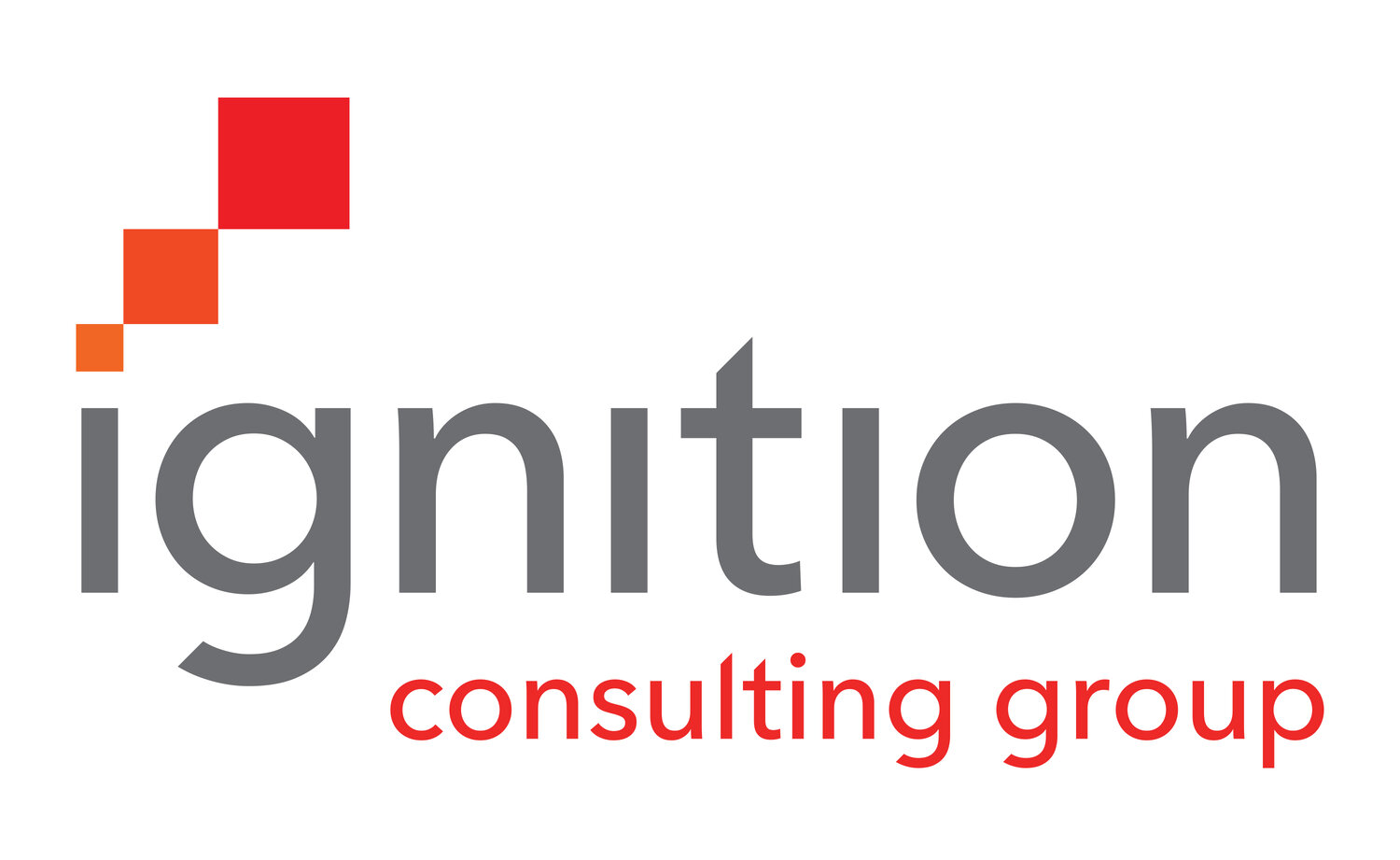Go Beyond Scope of Work to Scope of Value
By Tim Williams
Agencies are routinely given various “Scopes of Work,” then dutifully proceed to fulfill their client’s requests. But what’s missing from this sequence of events? What should come before the SOW? Our answer: the SOV — Scope of Value.
No SOW should ever be undertaken without a discussion about what the work is expected to accomplish. What are the desired outcomes, expected outcomes, or key performance indicators? And consider that unless you have defined the Scope of Value, the Scope of Work could be wrong.
When you focus on the right thing, you get the right thing
Not only will a clear definition of Scope of Value lead to better, more effective work, it will also enable your firm to improve its pricing. By focusing only on the costs of the work to be done, agency “estimates” woefully undervalue the contribution agencies make to essential marketplace outcomes. When you instead start with the question of the value to be created rather than the work to be done, you arm yourself with the confidence to price what the work is really worth.
For new clients and major new assignments, the very best approach is to request the opportunity to conduct a “Success Workshop.” This can be a full-day offsite (or even a few hours in a conference room) designed to explore with key client stakeholders the expected outcomes of the assignment.
Begin by asking foundational questions like:
What is your company’s profit model? How does your brand/company make money?
Overall, how do you know when your brand is succeeding in the marketplace? How do you know when it's failing?
What are the measures of success by which your company or brand lives and dies?
Then continue this exploration with a deep dive into the following five key areas:
1. Business-Related Outcomes
To what degree is this assignment expected to result in hard measurable outcomes? This can include such indicators as sales, market share, market penetration, percent of full-price sales, average price per sale, incremental profit, etc.
2. Marketing-Related Outcomes
To what extent is our work together expected to produce what could be considered marketing-related outcomes, sometimes referred to as “intermediate” metrics? These include inquiries, leads, store traffic, search engine rankings, web page views, purchase frequency, number of new customers, press coverage, online mentions, etc.
3. Customer-Related Outcomes
To what degree is this assignment expected to produce changes in behavior or attitudes among customers? This could include such things as brand awareness, brand preference, intent to purchase, brand ratings, likeability of brand, would recommend to a friend, willingness to pay price premium, etc.
4. Channel-Related Outcomes
Are there specific objectives related to the sales or distribution channel, such as average sale per dealer, dealer knowledge, dealer referrals, channel turnover, channel inquiries, etc.?
5. Internal Outcomes
What results, if any, are expected among internal audiences (at the client company itself), including such things as employee product knowledge, internal brand adoption, etc.?
More ways to define success
Yet another way to construct this discussion to explore and categorize success metrics in three broad classes:
Transactional: Financial measurements, sales, market share, etc.
Behavioral: Actions and behavior of target audiences
Attitudinal: Attitudes, knowledge, awareness of target audiences
Make “Scope of Value before Scope of Work” a mantra in your firm. On every proposal, every brief, and especially on every SOW document, insert a section on Scope of Value and articulate the desired outcomes related to the assignment. If you want to capture more value, start by employing tools and techniques that will help you create more value.



